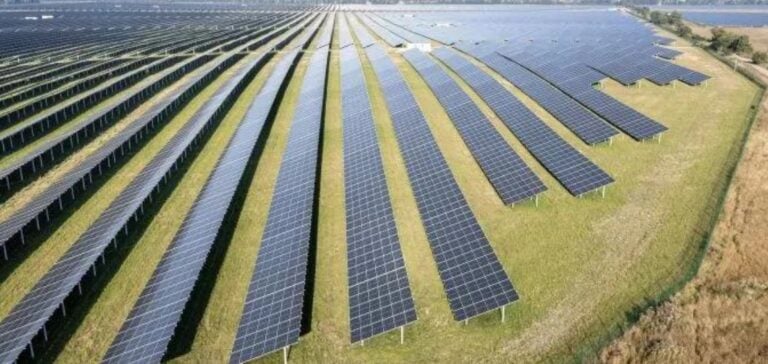BSW (Bundesverband Solarwirtschaft) has announced a significant 35% increase in solar installations in Germany in the first four months of 2024. This growth is mainly attributable to increased demand for industrial, commercial and ground-mounted photovoltaic installations.
Government background and objectives
Since Russia’s invasion of Ukraine and the drastic reduction in Russian fossil fuel exports to Germany, Berlin has introduced a number of legislative measures to accelerate the expansion of solar energy. These measures are part of Germany’s ambitious plan to cover 80% of its energy needs from renewable sources by 2030 and achieve carbon neutrality by 2045. According to BSW, new solar capacity exceeded five gigawatts (GW) in the first third of the year, with strong interest from 56% of businesses and over 60% of property owners in investing in solar systems, according to a May survey by YouGov.
Growth in Solar Installations
BSW forecasts double-digit growth in solar installations and storage capacity in 2024, in line with government targets of 19 GW of new annual capacity to reach 215 GW, or 25% of domestic electricity consumption by 2030. In the first four months of the year, newly installed photovoltaic capacity on commercial rooftops rose by 81%, while solar installations on open spaces increased by 74% compared to the same period last year. In the residential sector, new installations rose by 1%.
Market trends and outlook
BSW Chairman Carsten Körnig said in a statement:
“After a significant solar boom in German residential areas, commercial rooftops and underperforming open spaces are now being electrified with solar technology.”
This development is crucial if we are to meet the renewable energy targets set by the German government.
Germany thus continues to strengthen its position as European leader in renewable energies, despite geopolitical and economic challenges. The rapid growth of the solar sector illustrates not only an efficient energy transition, but also resilience in the face of disruptions to fossil fuel markets.






















